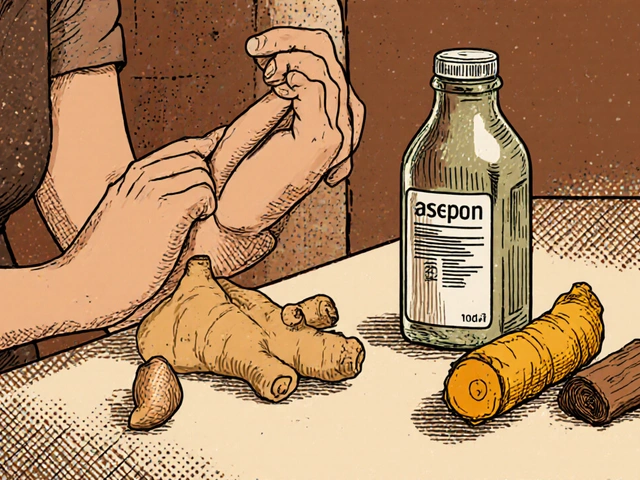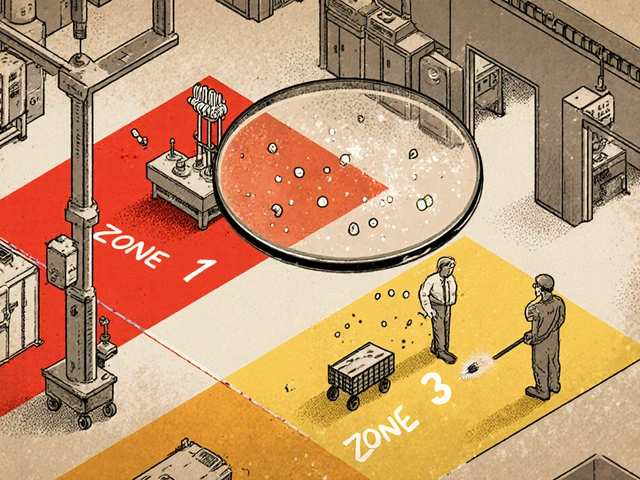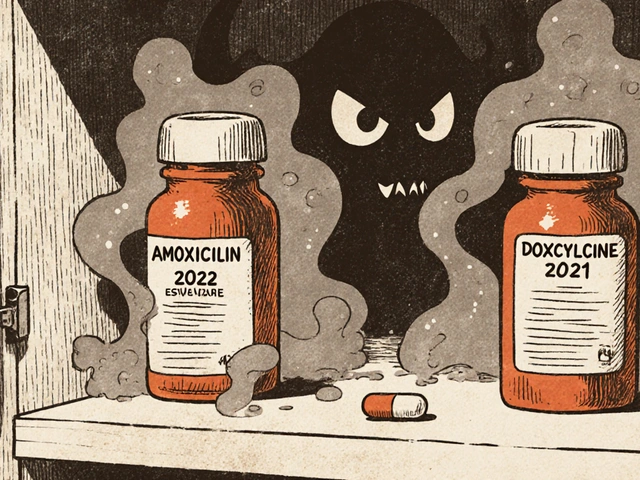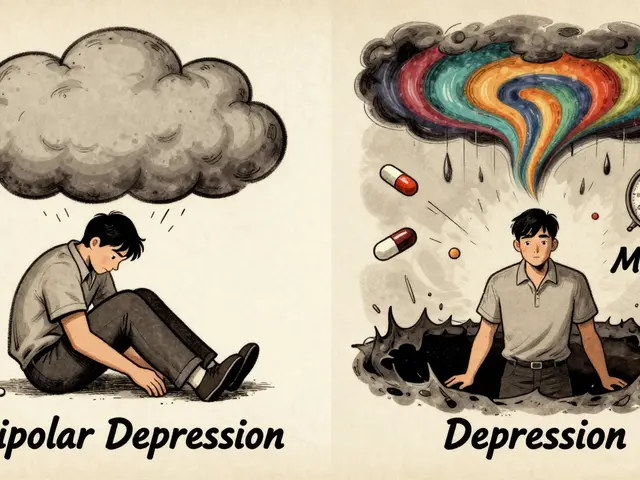HIV Treatment: What Works, What’s New, and How to Choose
When someone is diagnosed with HIV treatment, the medical approach used to suppress the human immunodeficiency virus and prevent progression to AIDS. Also known as antiretroviral therapy, it’s no longer a death sentence—it’s a daily routine that lets people live long, healthy lives. Back in the 90s, HIV treatment meant taking dozens of pills with brutal side effects. Today, most people take just one pill a day. That’s not marketing—it’s science. The goal isn’t just to keep the virus low; it’s to get it so low that it can’t be passed on. That’s called undetectable = untransmittable, or U=U. And it’s real.
Antiretroviral therapy, a combination of drugs that block HIV from multiplying in the body usually includes three or more drugs from at least two different classes. You’ll often hear names like tenofovir, emtricitabine, or dolutegravir. These aren’t random—they’re chosen because they work together, have low side effects, and are hard for the virus to resist. Some people take combo pills like Combivir, a two-drug combo of lamivudine and zidovudine once used as a first-line HIV treatment, but most now use newer, simpler options. The field moves fast. What was standard five years ago might be outdated today. That’s why checking in with your provider regularly matters more than ever.
It’s not just about the pills. HIV care, the full system of support including testing, counseling, adherence tools, and mental health services is what keeps people on track. Missing doses can lead to resistance. That’s why some people use pill organizers, phone reminders, or even apps built for HIV meds. And if side effects hit—fatigue, nausea, sleep issues—you’re not alone. There are natural ways to manage them, like diet tweaks or supplements, but you need to talk to your doctor first. Some herbs can interfere with your meds. That’s not a risk worth taking.
Cost is another big part of the picture. In some places, HIV meds are free or heavily subsidized. In others, people scramble to afford them. That’s why guides on buying generic versions online exist—to help people find safe, legal, affordable options without falling for scams. You don’t have to choose between your health and your wallet. There are ways to make it work, if you know where to look.
What you’ll find below isn’t just a list of articles. It’s a practical toolkit. You’ll see comparisons between older drugs like Combivir and modern alternatives. You’ll learn how to spot safe online pharmacies for generic HIV meds. You’ll find out how natural remedies can help with side effects—without messing up your treatment. And you’ll get real talk on what to expect, what to ask your doctor, and how to stay in control. This isn’t theory. It’s what people are using right now to stay healthy.
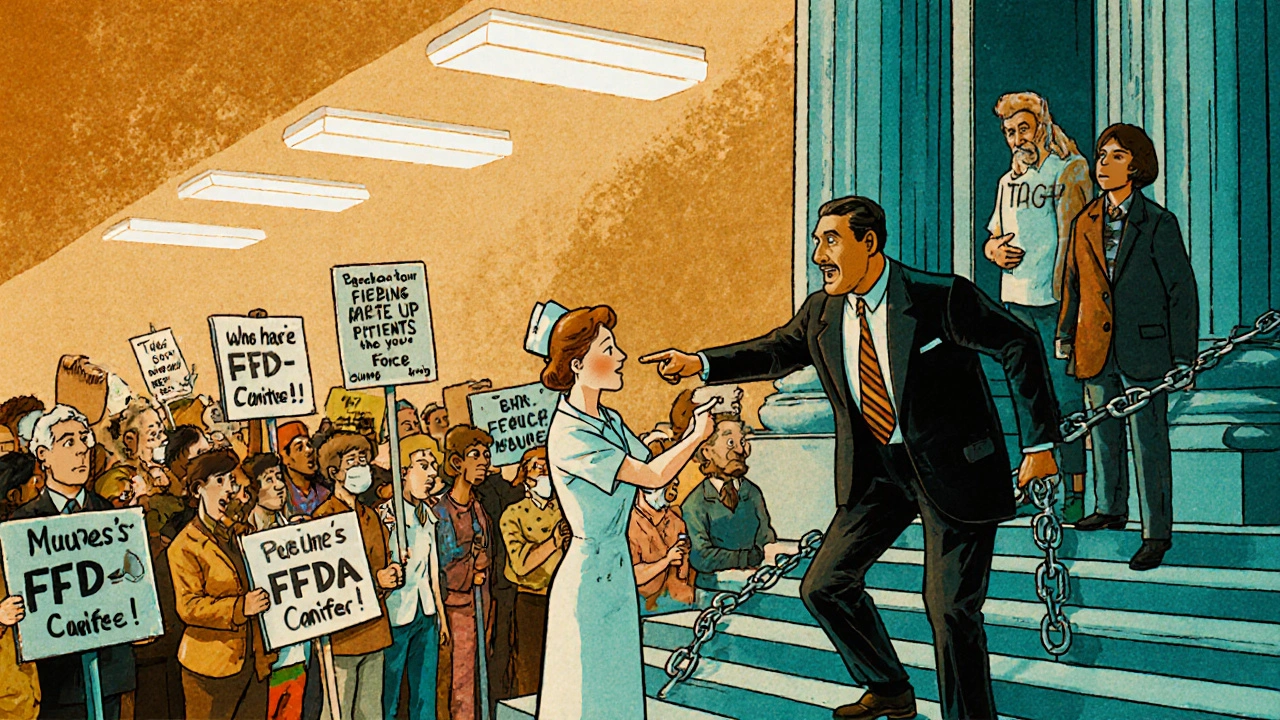
Zidovudine and How Patient Advocacy Changed HIV Treatment
Zidovudine was the first HIV drug that saved lives-but it was patient advocacy that made it accessible, affordable, and humane. This is how activism transformed HIV treatment forever.
Read More

